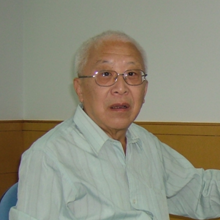

Nature of the Curriculum Meet the needs of Laos’ national development strategy, such as protecting the interests of the motherland and developing the national economy.
The curriculum setting conforms to the national standards formulated by the Lao Ministry of Education and Sports.
The curriculum setting can be adjusted according to the new school system.
The curriculum setting has international standards, for example, graduates can continue their studies in foreign universities. At the same time, our Lao-Suzhou University and China Suzhou University can recognize each other’s credits.
Cultivate professional talents with broad knowledge. In addition to cultivating rich scientific basic knowledge, it also emphasizes the cultivation of professional knowledge and skills, as well as fluent foreign language communication abilities.
Objectives of Talent Cultivation
Microeconomics, Macroeconomics, Accounting, International Trade Theory, Monetary and Banking Studies, International Trade Practice, Public Finance, Econometrics, International Finance, International Settlement, and Introduction to World Economy.
The goal of the undergraduate education in International Finance is to require students to possess a basic theoretical knowledge of finance, especially international finance, and the basic ability to handle banking, securities, investment, and insurance business. They should be familiar with relevant financial policies and regulations at home and abroad, understand the theoretical frontier and development trends of this discipline, possess outstanding foreign language abilities and computer skills, and be able to perform various tasks related to international finance in other economic management departments and enterprises.

Professor
A scientist specializing in astronomical optics. Pan was born on 14 October 1930, in Wusong, Shanghai. His father, Weichen Pan, graduated from the Beiyang Navy Medical Academy.